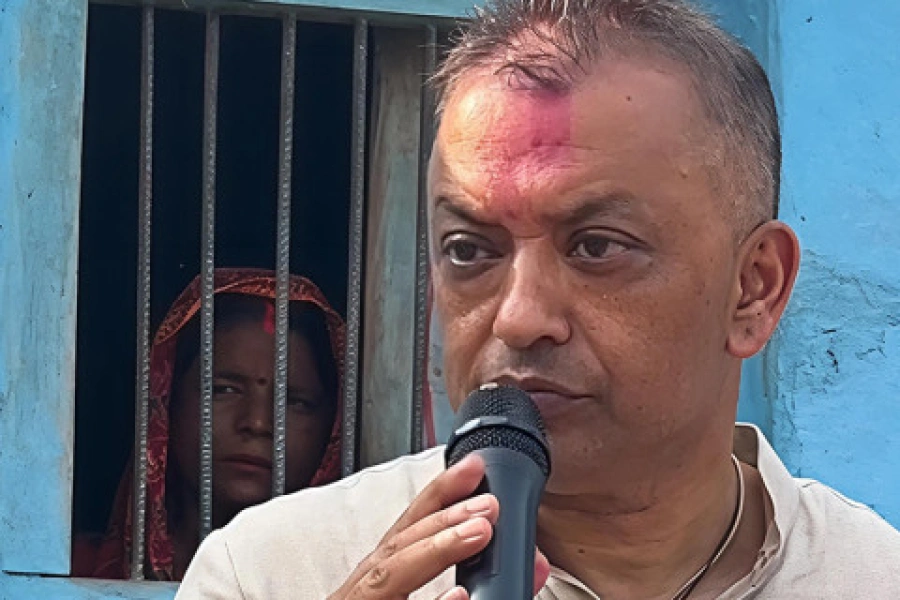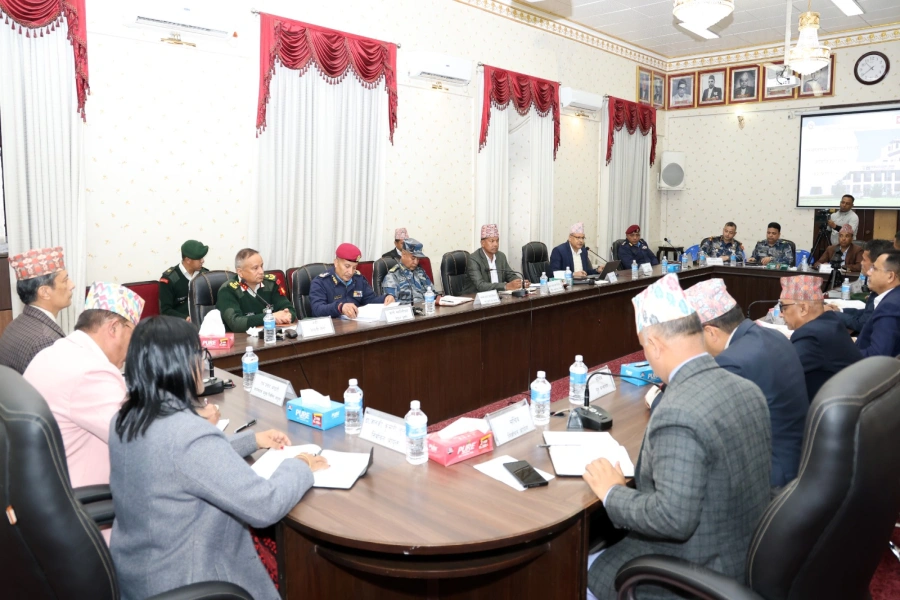KATHMANDU, May 8: India’s restrictions on importing explosives have begun to impact Nepal's development projects, causing delays in the construction of roads, tunnels and hydropower projects. The lack of explosives has brought many construction projects to a standstill.
According to energy promoters, the construction of hydropower projects has started to suffer due to the shortage of explosives required for tunneling. They stated that India has halted the supply of explosives for two months under various pretexts.
Ganesh Karki, president of Independent Power Producers’ Association of Nepal (IPPAN), said that more than four dozen hydropower projects have experienced delays due to the delay in imports of explosives.
According to IPPAN President Karki, the Indian Embassy in Kathmandu, responsible for approving imports, has not issued the necessary No Objection Letter (NOC), which has halted the construction of 80 percent of Nepal’s ongoing hydropower projects.
How sustainable is hydropower development in Nepal?

“The Indian Embassy is reluctant to renew the NOC, which has caused delays in the construction. If India stops the supply of explosives, project costs would increase and delays can extend from six months to a year,” he said, “The construction of more than four dozen hydropower projects has already been halted."
Due to the shortage of explosives, the work of three hydropower projects under construction in Dordi Corridor of Lamjung has come to a standstill.
The under-construction Tanahun hydropower project of 140 MW capacity has also reported that the construction work has been affected due to the absence of sufficient explosives. Apart from that, small and large capacity hydropower projects under construction have started to be affected, according to IPPAN.
The explosives are required to dig tunnels in most of the under construction hydropower projects.
Construction entrepreneurs also complained that there is a lack of explosive materials in the construction of some road sections under the Department of Roads (DoR).
"Most hydropower projects seem to face obstacles due to the lack of explosives," said Rabi Singh, president of the Federation of Contractors' Associations of Nepal (FCAN). He confirmed that some road sections under the DoR are also experiencing delays due to the lack of explosives.
According to the DoR, there is a shortage of explosives to build some strategically important road networks and tunnels. This is not the first time that India has stopped the supply of explosives. Previously, India had stopped the supply of explosives on various pretexts.
Singh recalled that the construction of the Nagdhunga tunnel was delayed due to similar reasons. Although the Nepalese Army produces about 10 tons of explosives daily, the volume is insufficient to meet the country’s needs.
India prioritizes projects in Nepal that use its own capital, resources and manpower. In other words, India has been reluctant to buy even the electricity produced by some hydropower projects built by Chinese companies and investments in Nepal.
Most of Nepal's hydropower projects have Chinese investments. Experts stated that after the formation of the new government, China's dominance in Nepal has started to increase, and India has shown reluctance to issue NOCs for supplying explosives under various pretexts.
The Indian embassy issues a new NOC every six months, but recent renewals have taken two to three months longer than usual, creating further delays. If this trend continues, Nepal’s development projects will suffer from increased costs and extended deadlines.





























-1200x560-1771928761.webp)









